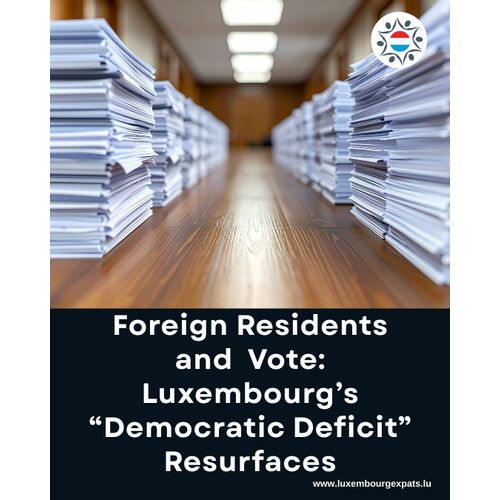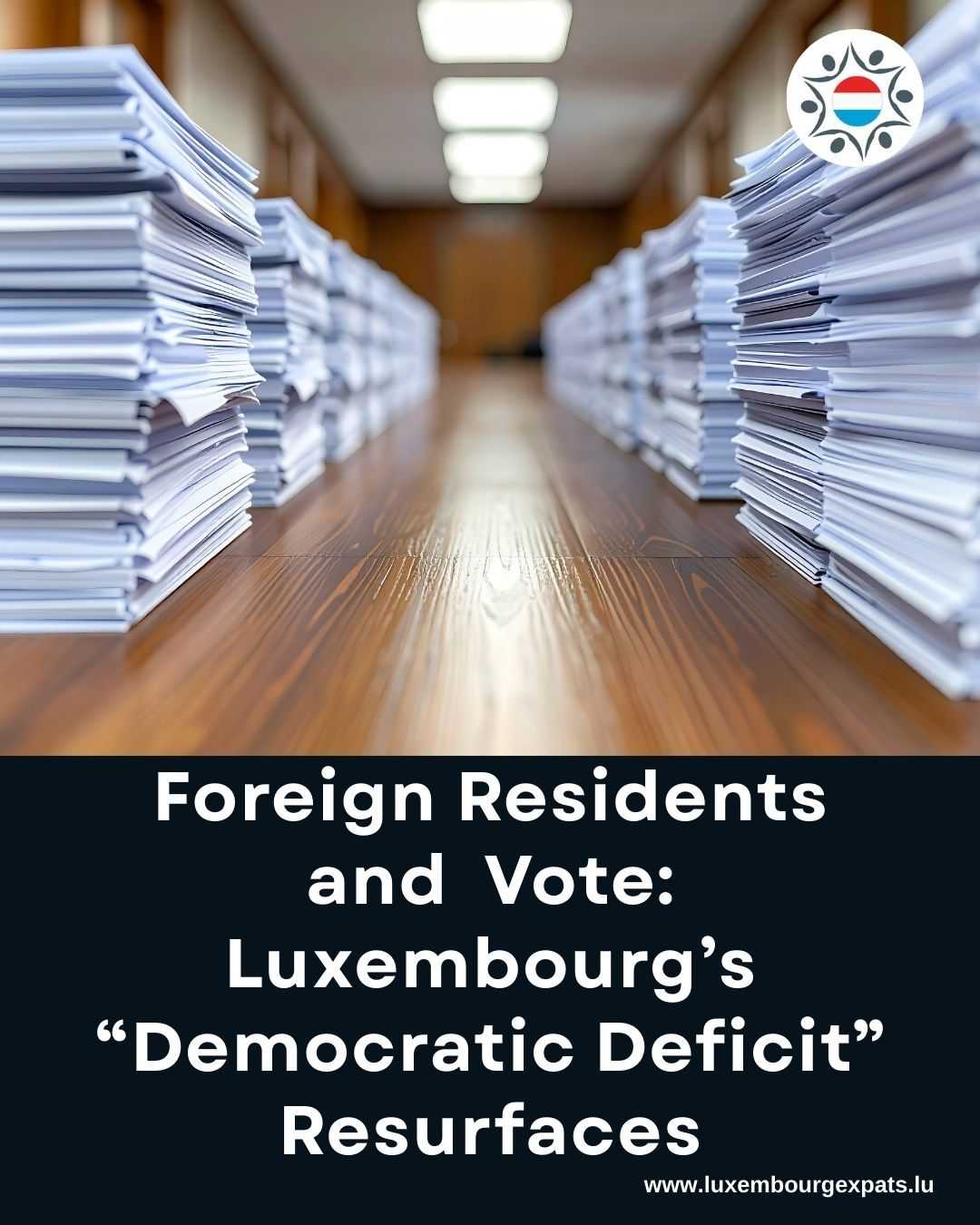Foreign Residents and the Vote: Luxembourg’s “Democratic Deficit” Resurfaces
LuxembourgPosted on 24 September 2025 by Team · 2 min readTen years after Luxembourg voters rejected extending national voting rights to foreigners, the debate has returned to the forefront.
On 7 June 2015, an overwhelming 78% of voters said no to granting non-Luxembourgish residents the right to participate in legislative elections. While reforms since then have allowed all foreign residents to vote in municipal elections without the previous five-year residence requirement, they remain excluded from national decision-making.
This reality is drawing renewed criticism. At a round table organised on Monday, the Association for the Support of Immigrant Workers (ASTI) described the exclusion of foreigners from legislative elections as a “major democratic deficit.” Luxembourg, ASTI noted, has a unique demographic profile in Europe: nearly 47% of its residents do not hold Luxembourgish nationality. For the organisation, this situation represents a democratic paradox that undermines the legitimacy of the political system and poses risks to social cohesion.
Public opinion appears to be shifting. A recent ILRES survey carried out in 2025 shows that 66% of residents now support granting foreigners the right to vote in national elections, provided they have lived in the country for at least ten years and have already taken part in municipal or European elections. Among Luxembourgish voters themselves, 58% say they would support such a change. Yet political divisions remain strong. A large majority of supporters of the Greens (87%) and the Pirate Party (77%) are in favour, while backing is much lower among ADR voters, where only 22% support the measure. Even within the major parties, opinion is split: 57% of Democratic Party voters and 55% of CSV voters say they are in favour.
Some politicians have suggested compromise solutions. In 2019, Frank Engel, then a CSV member and now leader of Fokus, proposed opening the right to vote to European Union citizens living in Luxembourg. Such a move would cover most of the country’s foreign population, which is dominated by EU nationals—Portuguese being the largest group, followed by French, Italians, and Belgians.
The debate could be reopened in the coming years, as Luxembourg’s new Constitution provides greater scope for referendums. Article 80 specifies that the Chamber of Deputies may call a referendum on political questions under conditions defined by law. For Alex Bodry, vice-president of the Council of State and former LSAP MP, this offers a potential avenue for non-Luxembourgers to express themselves directly on the matter.
In the meantime, Bodry suggests exploring other ways of involving foreign residents in public life, such as strengthening existing representative bodies or creating a new institution dedicated to their participation. With demographic trends pointing towards Luxembourgers becoming a minority in the near future, the question of political representation for foreigners seems destined to remain a pressing issue.
Join the community of your own - #1 home-grown LuxExpats app
SignUp Free : luxembourgexpats.lu
I am your contact
Team
Chat








